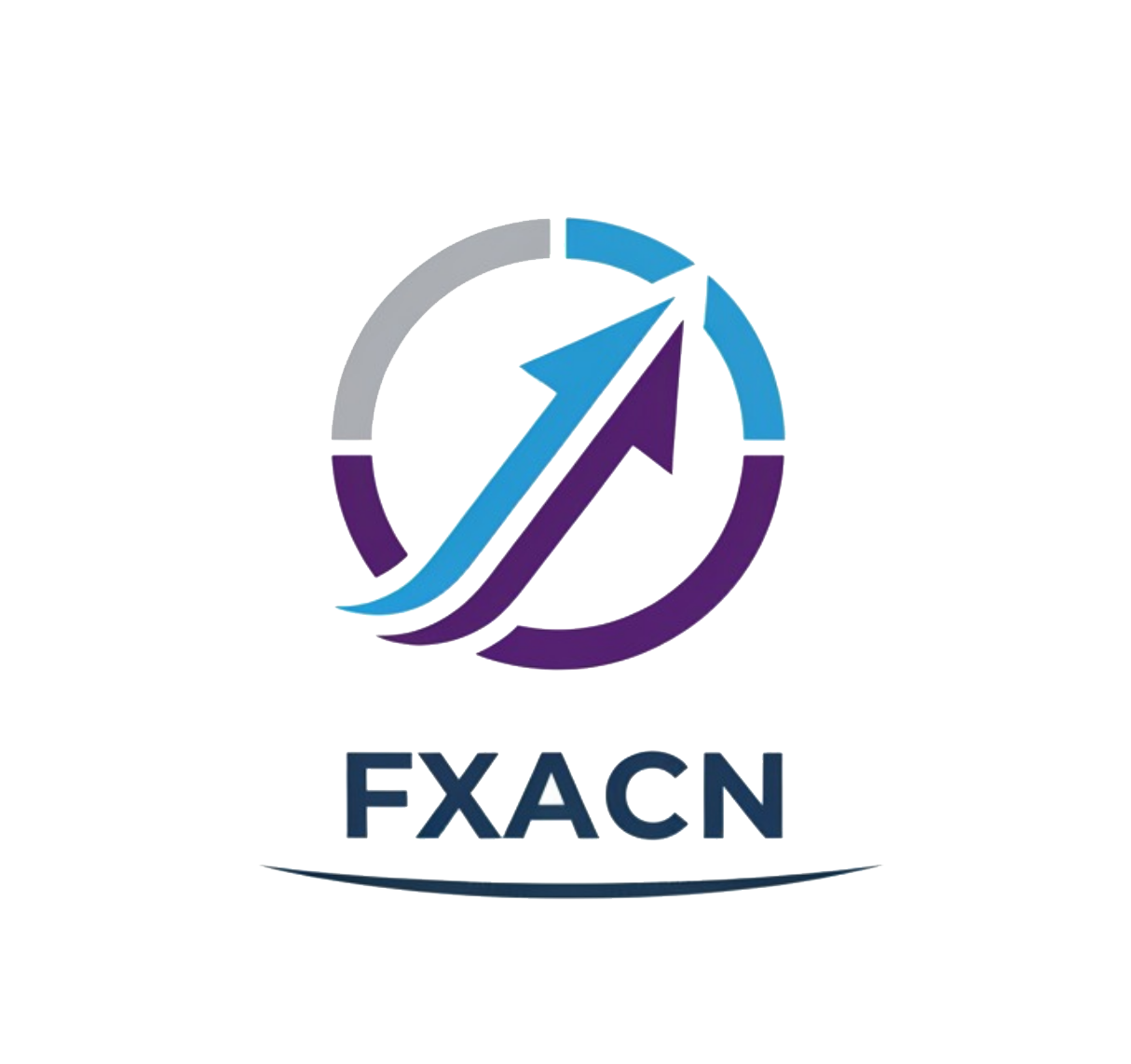Introduction
Trading 212, a prominent online brokerage firm, has positioned itself as a user-friendly platform in the competitive landscape of Forex and stock trading. Established in 2004 and headquartered in London, Trading 212 has gained notable popularity among retail traders, offering commission-free trading for stocks, ETFs, and CFDs. However, with the rise of online trading platforms, potential investors are becoming increasingly cautious about the safety and legitimacy of these services. The necessity for thorough evaluation arises as traders must safeguard their investments by ensuring that the brokers they choose are credible and trustworthy.
This article aims to provide an in-depth analysis regarding Is Trading 212 safe through a comprehensive evaluation of its regulatory status, company background, trading conditions, client fund safety, customer experiences, platform performance, and inherent risks. The investigation draws on various resources including regulatory records, user reviews, and expert opinions to present a balanced view of Trading 212’s reliability as a brokerage service.
Regulation and Legitimacy
Effective regulation is fundamental in establishing a trading platform’s credibility. Trading 212 operates under the scrutiny of several regulatory authorities, primarily the Financial Conduct Authority (FCA) in the UK, which is known for its stringent oversight of financial services. The presence of reputable regulatory bodies ensures that Trading 212 adheres to high standards of operational integrity and client protection.
The following table summarizes the essential regulatory information concerning Trading 212:
| Regulatory Authority | License Number | Regulatory Region | Verification Status |
|---|---|---|---|
| FCA | 609146 | United Kingdom | Verified |
| CySEC | 398/21 | Cyprus | Verified |
| FSC | rg-03-0237 | Bulgaria | Verified |
Trading 212 maintains its compliance with the regulatory requirements set forth by the FCA, CySEC, and the Bulgarian FSC. It includes provisions for segregating client funds in separate accounts to mitigate the risk of insolvency. Additionally, the Financial Services Compensation Scheme (FSCS) provides client funds protection up to £85,000 for UK clients, while Bulgarian clients have coverage up to €20,000 under the Investors Compensation Fund (ICF).
The robust nature of these regulatory frameworks and the organization’s commitment to compliance significantly enhance the credibility and safety of Trading 212. Therefore, when pondering Is Trading 212 safe, one can reasonably conclude that it operates within a regulated environment, thereby indicating a level of reliability.
Company Background Investigation
Trading 212 was originally founded as Avus Capital, a Bulgarian brokerage firm, before rebranding in its evolution towards becoming a global trading platform. The company has steadily broadened its offerings and operations, with significant growth observed in its user base and assets managed. As of recent data, Trading 212 reportedly manages over £25 billion in client assets and has accumulated over 4.5 million funded accounts globally. This impressive trajectory illustrates the firm’s successful adaptation to the demands of retail investors.
The company is privately owned, which limits public access to their financial disclosures. However, it does boast a professional management team with decades of combined experience in financial markets. This experienced leadership is crucial for navigating the complexities of regulatory compliance and operational management, reaffirming the broker’s legitimacy in the crowded trading space.
Further, information disclosure is relatively high; Trading 212 provides extensive resources and research tools for its users, which reflects a commitment to transparency. Stock market performance, earnings, and corporate strategies are communicated effectively, which aids in fostering trust among its clientele. Overall, the company’s credible history, professional management team, and the ability to maintain a transparent operational environment contribute positively to the question of Is Trading 212 safe.
Trading Conditions Analysis
An essential aspect of evaluating any broker is analyzing their trading conditions, particularly the cost structure associated with trading. Trading 212 operates under a model that offers commission-free stock trading, which is particularly attractive for active traders. However, traders should be aware of other associated costs including spreads and overnight financing.
Here’s a comparison of core trading costs:
| Cost Type | Trading 212 | Industry Average |
|---|---|---|
| Major Currency Pair Spread | 1.1 pips | 0.8 pips |
| Commission Model | None (0%) | Varies |
| Overnight Interest Range | Varies | Varies |
While Trading 212 does not charge commissions on stock and ETF trades, it utilizes spread mark-ups on CFD transactions. For example, the average spread for the EUR/USD is approximately 1.1 pips, slightly higher than the industry average which may affect trading profitability, particularly for high-frequency trades.
In addition to spreads, the fee structure includes potential currency conversion fees of 0.15% for trades executed in currencies different from the base currency of the account. Despite the competitive commission model, these additional costs could impact overall trading costs.
The trading conditions offered by Trading 212 are generally appealing, especially for beginners. However, traders need to be particularly mindful of the spread costs and other potential surcharges to avoid unexpected financial drawbacks. This transparency in pricing reinforces the broker’s legitimacy; thus, addressing the question of Is Trading 212 safe centers on understanding these trading conditions.
Client Fund Security
The safety of client funds is paramount when considering any trading platform. Trading 212 has established several protocols to ensure the security of its clients’ funds. Segregated accounts, mandated by regulators including the FCA, ensure that client money is stored separately from the firm’s operational funds. This segregation mitigates risks associated with the broker’s financial difficulties.
Additionally, Trading 212 offers protection through the FSCS, which assures clients that up to £85,000 of their funds are safeguarded in the event that the company becomes insolvent. Similarly, Bulgarian clients have their funds insured under the ICF with a compensation cap of €20,000.
Moreover, Trading 212 employs negative balance protection, which means clients cannot lose more than the amount they have deposited in their accounts. This risk mitigation strategy is particularly crucial in the realm of margin trading and CFDs, where the potential for significant financial fluctuations exists.
Despite these robust safety mechanisms, historical issues related to funds generally attract scrutiny. However, as of the available data, Trading 212 has not reported significant incidents or disputes involving client funds. This environment of financial protection reassures clients about the safety of their investments, positively evaluating Is Trading 212 safe.
Customer Experience and Complaints
Customer feedback provides valuable insights into the effectiveness of a trading platform. The general reception of Trading 212 tends to lean positively, with many users appreciating the intuitive design of the mobile app and its ease of use for executing trades. Nonetheless, complaints often arise concerning the verification process and limitations in customer service channels.
Common complaint types and their severity include:
| Complaint Type | Severity Level | Company Response |
|---|---|---|
| Withdrawal Process Delays | Moderate | Generally responsive |
| Account Verification Issues | High | Slower during peak times |
| Lack of Phone Support | Low | Live chat and email available |
Typical cases reveal that some users have experienced significant delays in the account verification process, with reports spanning a few days up to several weeks. Additionally, while Trading 212 provides live chat and email support, the absence of phone support can complicate issues for some users who prefer direct interaction.
While the company responds to inquiries and often resolves issues efficiently, these patterns indicate areas for improvement, particularly in communication and speed of service. Therefore, prospective clients reflecting on Is Trading 212 safe should remain cognizant of these service aspects as they may impact their overall trading experience.
Platform and Trade Execution
The performance and reliability of a trading platform play a crucial role in a trader’s ability to execute their strategies successfully. Trading 212 provides a robust, user-friendly platform accessible via both web and mobile applications. The overall design has received positive feedback for its functionality and intuitive interface.
However, the platform has faced criticism regarding trade execution quality. Issues highlighted include occasional slippage, price discrepancies, and execution speed, which may deter active traders. Reports suggest traders have experienced instances where order executions did not happen at the expected market rates, especially during periods of high volatility.
For discerning traders, such factors warrant attention as they could significantly influence trading performance. Thus, users must weigh the platform’s usability against reports of execution concerns when considering Is Trading 212 safe.
Risk Assessment
Every trading platform presents inherent risks that users must evaluate before engaging fully. Trading 212’s primary risks include potential market volatility affecting trade execution and slippage during high-frequency trading. The collective nature of these risks suggests a medium-high risk level associated with the broker’s services.
Here’s a concise risk scoring card summarizing key risk areas for Trading 212:
| Risk Category | Risk Level | Brief Explanation |
|---|---|---|
| Market Volatility | High | Extensively impacts trading performance |
| Execution Delays | Medium | May affect quick trading strategies |
| Limited Asset Class Availability | Medium | Restricts diversification opportunities (e.g., no cryptocurrencies) |
| Customer Service Limitations | Medium | Lack of phone support could hinder immediate issue resolution |
To mitigate these risks, it is advisable for potential traders to practice due diligence through demos, maintain a realistic approach to returns, and consider utilizing risk management tools such as stop-loss orders.
Conclusion and Recommendations
In summary, the analysis indicates that Trading 212 is a credible trading platform, particularly for beginners and casual investors given its user-friendly interface, regulatory backing, and commission-free trading model. Noteworthy protections in place for client funds further suggest that concerns about Is Trading 212 safe can be addressed positively.
However, potential users should remain cautious of trading complications arising from withdrawal processes, execution issues, and the limitations on asset availability. If you are an advanced trader looking for extensive trading options such as cryptocurrencies or futures, it may be beneficial to explore alternatives like eToro or Interactive Brokers.
Overall, Trading 212 demonstrates a solid foundation as a reliable broker but invites scrutiny into its trading conditions and customer service responses. Users are advised to comprehensively assess their trading needs and risk tolerance before securing their investments with Trading 212.


